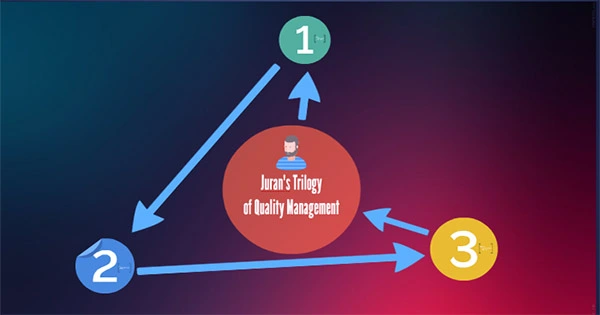Meaning of Staffing: Recruitment, selection, development, training, and remuneration of managerial employees are all included in the definition of “staffing.” The responsibility of the apex management is to fulfill staffing, like all other managerial duties, at all times. It would be unexpected to see staffing in a newly established business. The staffing process is the third phase after organizing and planning, although it is ongoing in a running business.
It must be stated that the staffing function is concerned with the placement, growth, and development of all those members of the organization whose function it is to get things done through a coordinated effort of other people. This clarifies and defines the group of employees included in the staffing concept.
Since persons who will hold positions in the top two or three levels of management in fifteen or twenty years’ time are likely to be found in the lower levels now, this definition encompasses all levels of management.
“The managerial function of staffing involves manning the organisational structure through effective and proper selection, appraisal, and development of personnel to fill the roles designed into the structure.” — Koontz and O’Donnell
Nature of Staffing: The administration of human resources includes staffing. It makes it easier to find and hire the appropriate people for the right roles.
- People-Centred: Staffing is relevant in all types of organizations and is people-centered. From top to bottom of the organization, all categories of workers are affected. both white collar and blue collar employees. people, both managerial and non-managerial. Professionals (such as Chartered Accountant, Company Secretary, Lawyer, etc.).
- Responsibility of Every Manager: A fundamental management task is hiring employees. Each manager is actively involved in carrying out the staffing role. He actively participates in his subordinates’ recruiting, selection, training, and evaluation. In regard to their subordinates, the chief executive, departmental managers, and foremen carry out these tasks. Therefore, staffing is a crucial management task that is carried out by managers at all levels. Every manager has a responsibility to carry out personnel tasks like hiring, in-house training, performance reviews, and employee counseling. in a lot of businesses. To carry out these functions, the Personnel Department was established. However, it does not imply that the managers at various levels are freed from their duty to oversee staffing.
- Human Skills: Training and development of human resources is a responsibility of the staffing function. Every manager should employ interpersonal skills when guiding and instructing their staff. Additionally, the performance review, transfer, and promotion of subordinates all involve interpersonal skills. Human interactions in the company will be friendly if the staffing function is done correctly.
- Constant Function: The staffing role must be continuously carried out. Both established and newly formed organizations must prioritize it. Personnel must be recruited, chosen, and trained in a new organization. Every manager in a functioning organization is involved in various personnel tasks. He is responsible for supervising, training, and continuously assessing the performance of the employees.
Importance of Staffing: The organization places a high value on hiring the proper types of employees. To reduce waste, they should receive proper training. Additionally, they need to be encouraged to work more productively and with higher standards by giving them rewards.
- Effective Execution of Other Functions: The effective execution of other managerial duties depends on staffing. Planning, organization, and control tasks cannot be adequately carried out by an organization without qualified staff.
- Utilizing technology and other resources efficiently: The management can ensure the proper types of employees by carrying out the staffing function. The human component is vital in the effective utilization of the most recent technologies, money, material, etc.
- The best possible use of human resources: The cost of wages for large companies is relatively significant. Additionally, they invest money in staff recruiting, selection, training, and development. The staffing role should be carried out effectively if you want to get the most out of your employees.
- The growth of human capital: The management must plan ahead and decide on the necessary staff. Additionally, it must train and advance the current workforce in order to enhance its careers. Future company requirements will be satisfied by this.
- The drive behind human resources: Numerous elements, including one’s education level, requirements, sociocultural context, etc., influence one’s behavior. Consequently, the human component of an organization has taken on a lot of significance. Incentives both financial and non-financial can be used to inspire the workforce.
- Promoting Better Morale: The right environment must be created for employees to contribute to the accomplishment of organizational goals. Effective staffing allows management to demonstrate the importance it places on the people working for the company. The employees’ morale will rise as a result.
















